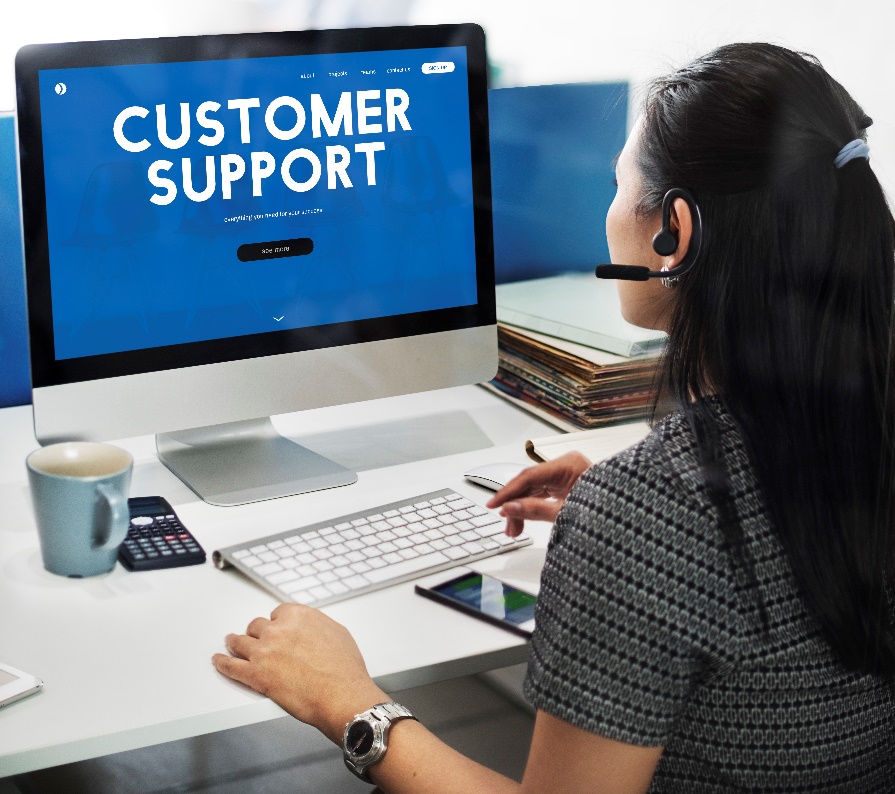Outbound call centers are essential for businesses aiming to engage with customers proactively, whether for sales, surveys, market research, or customer service follow-ups. Choosing the right outbound call center software can significantly improve your team’s efficiency, customer satisfaction, and overall business performance. However, with so many options available, selecting the right one that aligns with your business goals can be overwhelming.
In this blog, we’ll walk you through the key factors to consider when choosing outbound call center software to meet your business needs.
1. Scalability and Flexibility
When choosing outbound call center software, scalability is one of the first factors to consider. As your business grows, your call center needs may change. Whether you’re adding new agents, expanding to new locations, or increasing the volume of calls, your software should be able to grow with you. Scalable software ensures that your system can accommodate new features, integrations, and more users without a complete overhaul.
Flexibility is also crucial because your business processes evolve. For example, if you transition from cold calling to customer retention, the software should be able to adapt to these new business goals. Look for a solution that can support various use cases and offer customization options, allowing you to tailor the software to your unique business needs.
2. Key Features for Effective Calling Campaigns
The best outbound call center software should have robust features to streamline calling campaigns and enhance agent productivity.
Some essential features to look for include:
- Predictive Dialing: This feature automatically dials numbers from a pre-loaded list and connects agents to live calls, reducing downtime between calls. It helps maximize agent productivity, ensuring they spend more time talking to customers and less time dialing numbers.
- Interactive Voice Response (IVR): IVR systems allow callers to interact with an automated system before speaking to an agent. This can be especially helpful for qualifying leads, gathering preliminary information, or directing calls to the appropriate department.
- Call Recording and Monitoring: Real-time monitoring and call recording are vital for quality assurance. These tools ensure that agents follow scripts, handle calls professionally, and comply with industry regulations. They also provide valuable data for performance reviews and coaching sessions.
- CRM Integration: Outbound call center software should integrate seamlessly with your Customer Relationship Management (CRM) system. This integration ensures that agents can access real-time customer data, call history, and relevant information, enabling personalized interactions and better decision-making.
3. Ease of Use and Training
Your outbound call center software’s user interface (UI) should be intuitive and easy to navigate. If agents struggle with the software, their productivity can be significantly hindered. Look for software that provides a simple, straightforward UI, reducing the learning curve for new agents.
Additionally, the software should come with easy-to-follow tutorials, user guides, and training modules to ensure your team can quickly get up to speed. Some software providers even offer customer support or live training sessions to assist with onboarding, which can be valuable for large teams or businesses transitioning to new software.
4. Automation and Reporting
Automation tools within outbound call center software can save your team valuable time and resources. Automation features like automatic call distribution (ACD) and predictive dialing ensure that agents connect quickly and efficiently with leads. These systems help manage call queues, route calls to available agents, and prioritize high-value leads.
In addition to automation, comprehensive reporting tools are critical for monitoring campaign performance. Look for real-time reporting and analytics software that allows you to track key performance indicators (KPIs) such as call volume, conversion rates, and agent performance. Access to detailed reports empowers you to make data-driven decisions, optimize calling strategies, and improve overall performance.
5. Compliance and Security Features
Compliance with industry regulations is essential when dealing with outbound calling campaigns. The right software should help you adhere to various rules and regulations, such as the Telephone Consumer Protection Act (TCPA), General Data Protection Regulation (GDPR), and other local data protection laws.
Look for software with built-in compliance features like call recording consent, time zone-based dialing, and the ability to exclude specific phone numbers from campaigns. Additionally, data security should be a top priority. Ensure the software offers encryption and other security protocols to protect customer data and sensitive information.
6. Customer Support and Service
Reliable customer support is crucial when selecting software, especially for outbound call centers. Ensure that the software provider offers 24/7 support through multiple phone, email, and chat channels. This guarantees that your team can quickly receive assistance to minimize downtime if any issues arise.
Good customer service also extends to the availability of an active user community, knowledge base, and regular software updates. A provider that offers robust customer support can ensure that your team stays productive and that any challenges with the software are quickly resolved.
7. Cost and ROI
Finally, cost is always a significant factor when choosing outbound call center software. While opting for the cheapest option is tempting, it’s important to consider the return on investment (ROI). Analyze the software’s features and determine how much value it will bring to your business in terms of increased productivity, sales, and customer satisfaction.
Look for flexible pricing models that cater to your business’s size and needs. Some providers offer subscription-based pricing, while others charge based on the number of agents or features used. Calculate how the software’s cost will align with your budget and provide value over time.
Conclusion
Choosing the right outbound call center software for your business is a critical decision impacting customer engagement and business efficiency. By considering key features like scalability, CRM integration, compliance, and automation, you can find a solution that supports your goals and enhances your team’s performance.
Prioritize ease of use, reporting capabilities, and customer support to ensure your investment is worthwhile. Ultimately, the right outbound call center software will improve your team’s efficiency, enhance the customer experience, and drive growth.





